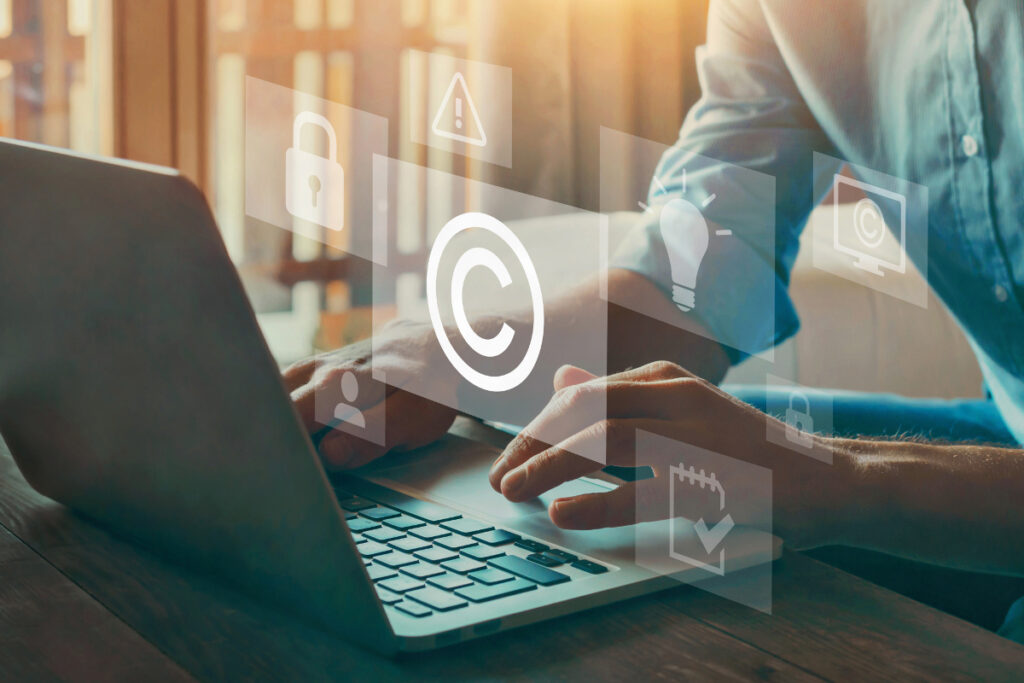Gaming giant Nintendo has emerged victorious in its legal battle against French file-hosting company Dstorage, operator of the popular sharing platform 1fichier.com. The ruling represents a significant precedent in the ongoing fight against digital piracy in the gaming industry.
Dstorage Liable for Pirated Nintendo Games on Its Platform
The French judiciary found Dstorage legally responsible for failing to remove unauthorized Nintendo game copies stored on its platform, despite receiving multiple removal requests from the game manufacturer. This verdict came after a lengthy legal process that began in 2021, when a Paris court initially ordered Dstorage to pay Nintendo approximately $1.13 million in damages.
Court Sides with Nintendo on Copyright Infringement
Although Dstorage contested the initial verdict through various appeals, including bringing the case before France’s highest judiciary court, the final ruling has maintained Nintendo’s position. The decision establishes an important precedent regarding the responsibilities of file-hosting services when notified about copyright infringements.
In a statement to gaming news outlets, Nintendo expressed satisfaction with the outcome, emphasizing its importance “not only for Nintendo, but for the entire games industry.” The company highlighted that this ruling would prevent file-hosting platforms from requiring court orders before complying with copyright removal requests.
Nintendo Protects Intellectual Property with Lawsuits
This case reflects Nintendo’s increasingly aggressive legal strategy to protect its intellectual property. Throughout 2024, the company has pursued multiple high-profile lawsuits, including actions against developers of Switch emulators Yuzu and Ryujinx, both of which enable playing Nintendo games on unauthorized platforms. Nintendo also initiated legal proceedings against the developers of Palworld, alleging patent infringement.
The victory reinforces Nintendo’s commitment to vigorously defending its creative properties across global markets while potentially changing how file-sharing platforms respond to copyright claims.

